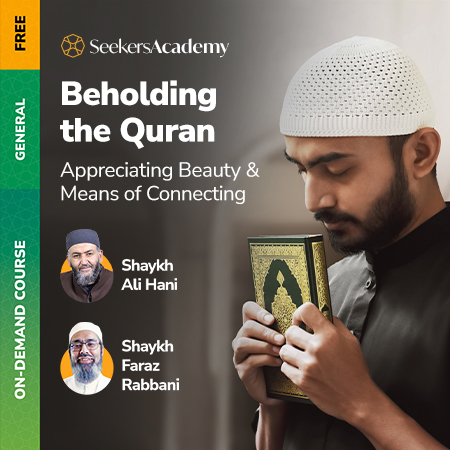About the text: This Book is an unmatched presentation on how to change our condition—our Self (nafs) and Character (akhlaq), purify it, and make it virtuous, pleasing, and beloved to Allah—through inculcating Prophetic habits and perfections.
About the Author: Imam Ghazali was born in the year 450 AH (1058 CE) in Tabiran, near Tus (just north of present-day Mashhad, Iran) to a righteous family. After his parents passed away, he was entrusted to a pious scholar. This scholar later sent him to a school for religious learning.
Imam Ghazali traveled across the Islamic world taking Sacred Knowledge from the masters of each field.
One of his main teachers was Imam al-Haramayn al-Juwayni, at whose hands he became a scholar in Shafi‘i law, logic, tenets of faith, debate, and the rationalistic doctrines of the philosophical schools of his time (which he was later called upon to refute). After Imam Juwayni’s death, Imam Ghazali was appointed to a teaching post at the Nizamiyya Academy in Baghdad, where word of his brilliance spread, and scholars journeyed to learn from him and hear him.
In mid-career, after considerable reflection, he was gripped by an intense fear for his soul and his fate in the Afterlife and resigned from his post, traveling first to Jerusalem and then Damascus to engage in spiritual struggle. In Damascus, he lived in seclusion for some ten years, at the end of which he emerged to produce his masterpiece Revival of the Religious Sciences.
Imam Ghazali wrote many works on spirituality and the rational sciences. His work al-Iqtisad fi al-I‘tiqad (Moderation in Belief) is an advanced work in theology. He also wrote a refutation of the philosophers called Tahafut al-Falasifa (The Incoherence of the Philosophers) as well as a work in logic called Mi‘yar al-‘Ilm fi Fann al-Mantiq, (Criterion of Knowledge in the Science of Logic).
He died in Tabiran in 505 AH (1111 CE).


